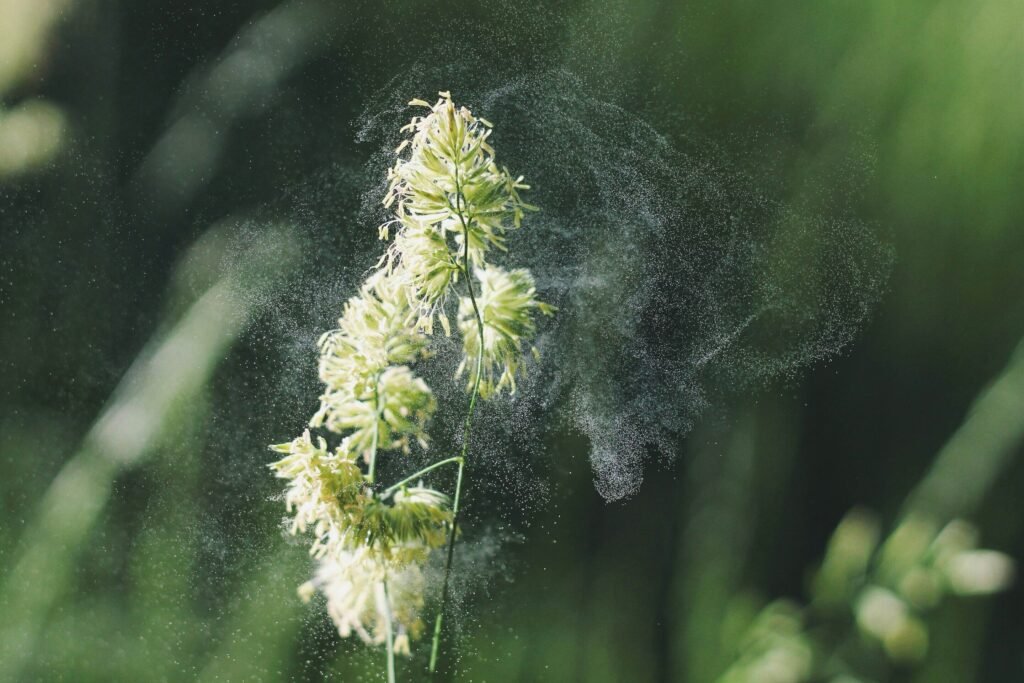Nitrogen-fertilized grasslands have been found to produce six times more pollen than their unfertilized counterparts, according to a recent study published in The Lancet Planetary Health. The study also suggests that pollen from fertilized grasslands is more likely to trigger hay fever compared to pollen from unfertilized grasslands.
The increase in pollen allergies globally has been a growing concern in recent years, with one contributing factor being the impact of atmospheric nitrogen pollutants on pollen. However, the study highlighted in The Lancet Planetary Health focused on the effects of nitrogen fertilizers on pollen production.
In Belgium, researchers gathered pollen samples from 25 nitrogen-fertilized and 25 non-fertilized grasslands. The results showed that fertilized grasslands had an average pollen count of 3.6 mg/m², which was 6.2 times higher than the unfertilized grasslands with 0.6 mg/m² of pollen.
To assess the allergenic potential of the pollen, the researchers exposed the blood of 20 individuals to pollen from both types of grasslands. The immune cells (basophils) of the participants were found to be five times more sensitive to pollen from the fertilized grasslands compared to the unfertilized ones.
Further research is needed to confirm the allergy response by exposing participants to pollen directly and studying their immune reactions. The authors of the study emphasize the importance of addressing the impact of nitrogen fertilizers not only on biodiversity and the environment but also on human health due to nitrogen pollution.
This study is the first to establish a clear link between nitrogen fertilizer, pollen count, and its potential to trigger allergies. The findings underscore the urgent need for strategies to mitigate the impact of nitrogen pollution on both the environment and human health.
For more information, the study titled “The impact of ecosystem nitrogen enrichment on pollen allergy: a cross-sectional paired comparison study” can be accessed in The Lancet Planetary Health journal. (DOI: 10.1016/S2542-5196(25)00060-9)
In conclusion, the research sheds light on the detrimental effects of nitrogen fertilizers on pollen production and allergenicity, calling for proactive measures to address this issue. Stay informed and stay tuned for further developments in this field.
Reference:
Is nitrogen fertilizer supercharging allergy-causing pollen? (2025, April 17). Retrieved April 20, 2025, from https://medicalxpress.com/news/2025-04-nitrogen-fertilizer-supercharging-allergy-pollen.html
Please note that this content is subject to copyright and should not be reproduced without permission for private study or research purposes.


